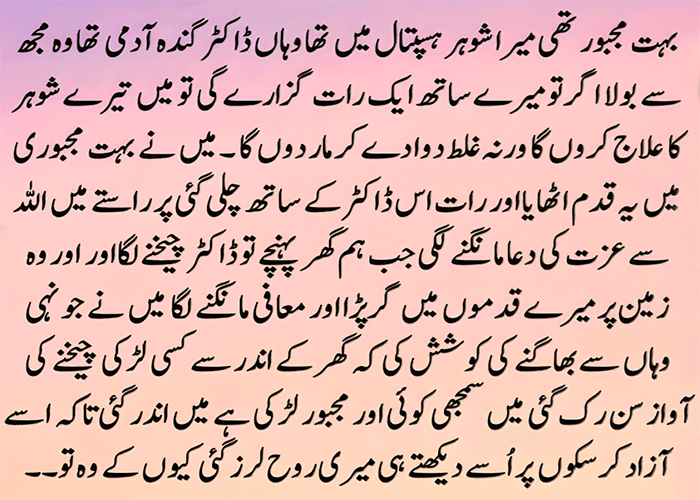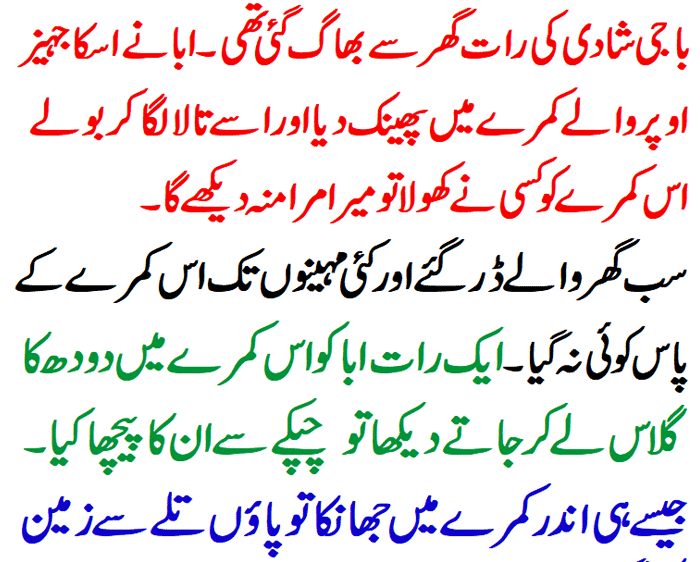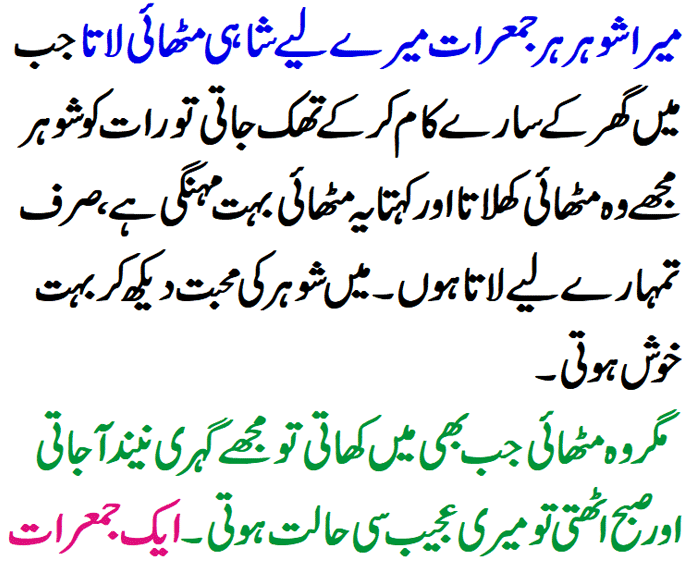
When it comes to managing health conditions like tachycardia, which is characterized by an abnormally high heart rate, diet plays a crucial role. The foods we consume can have a significant impact on our heart health. Dr. Afzal, a renowned cardiologist, emphasizes the importance of dietary choices in managing and preventing tachycardia. In this article, we’ll explore six foods to avoid if you have a high heart rate.
1. Caffeine-rich foods and Beverages
Caffeine is a well-known stimulant that can increase heart rate and blood pressure. For individuals with tachycardia, consuming caffeine-rich foods and beverages can exacerbate symptoms.
This includes coffee, tea, energy drinks, and even some sodas. Chocolate, which contains caffeine, should also be consumed in moderation. Dr. Afzal advises opting for decaffeinated alternatives and herbal teas to keep your heart rate stable.
2. Alcohol
Alcohol can have a direct impact on your heart rate. Consuming alcohol, especially in large quantities, can lead to an increased heart rate and palpitations. It can also interfere with medications used to treat tachycardia. Dr. Afzal suggests that individuals with high heart rates either avoid alcohol entirely or consume it in very moderate amounts.
If you choose to drink, stick to the recommended guidelines of no more than one drink per day for women and two drinks per day for men.
3. Processed and High-Sodium Foods
Processed foods are often loaded with sodium, which can lead to an increase in blood pressure and, consequently, heart rate. Foods like canned soups, deli meats, fast food, and frozen meals are typically high in sodium. Dr. Afzal recommends opting for fresh, whole foods and cooking at home where you can control the amount of salt in your meals. Incorporate more fruits, vegetables, lean proteins, and whole grains into your diet to help manage your heart rate.
4. Sugary Foods and Drinks
High sugar intake can cause a spike in heart rate. Sugary foods and drinks, such as candies, pastries, sodas, and sweetened cereals, should be avoided or limited. These foods can also lead to weight gain, which puts additional strain on the heart. Dr. Afzal suggests choosing healthier alternatives like fruits, which provide natural sweetness along with essential nutrients. Drinking water, unsweetened tea, or other low-calorie beverages can also help maintain a healthy heart rate.
5. Spicy Foods
While spicy foods can add flavor and excitement to your meals, they can also trigger an increased heart rate in some individuals. Spices such as hot peppers, curry, and even some types of salsa can cause your heart rate to spike. This is particularly true for those who are sensitive to spicy foods or have pre-existing heart conditions. Dr. Afzal advises moderating your intake of spicy foods and paying attention to how your body responds to them. If you notice an increase in heart rate after eating spicy dishes, it may be best to avoid them.
6. Fatty and Fried Foods
Foods high in unhealthy fats, especially trans fats and saturated fats, can negatively impact heart health. These fats are commonly found in fried foods, fast food, and certain baked goods. Consuming these types of foods can lead to weight gain, high cholesterol, and increased heart rate. Dr. Afzal recommends choosing healthier fats such as those found in avocados, nuts, seeds, and olive oil. Incorporating these into your diet can help improve heart health and manage tachycardia symptoms.
Managing Tachycardia Through Diet
In addition to avoiding these six types of foods, Dr. Afzal emphasizes the importance of a balanced and nutritious diet in managing tachycardia. Here are some additional tips to keep in mind:
Stay Hydrated
Dehydration can cause an increase in heart rate. Make sure to drink plenty of water throughout the day to stay hydrated. This is particularly important during hot weather or when engaging in physical activity.
Eat Smaller, Frequent Meals
Large meals can put a strain on your heart and digestive system. Opt for smaller, more frequent meals to keep your blood sugar levels stable and avoid overloading your system.
Incorporate Heart-Healthy Foods
Include foods that are known to support heart health, such as:
- Leafy Greens: Spinach, kale, and other leafy greens are rich in vitamins and minerals that support cardiovascular health.
- Whole Grains: Foods like oats, brown rice, and whole wheat bread provide fiber and essential nutrients.
- Lean Proteins: Opt for lean meats, fish, beans, and legumes to provide necessary protein without excess fat.
- Omega-3 Fatty Acids: Found in fish like salmon and mackerel, as well as in flaxseeds and walnuts, omega-3s help reduce inflammation and support heart health.
Monitor Your Symptoms
Pay close attention to how your body responds to different foods and adjust your diet accordingly. Keeping a food diary can help you track which foods trigger symptoms and which ones help you feel better.
Managing tachycardia involves more than just medication; it requires a holistic approach that includes dietary choices. By avoiding caffeine-rich foods and beverages, alcohol, processed and high-sodium foods, sugary foods and drinks, spicy foods, and fatty and fried foods, you can help keep your heart rate in check. Dr. Afzal’s advice underscores the importance of a balanced, nutritious diet in maintaining heart health and managing tachycardia. Remember to stay hydrated, eat smaller, frequent meals, and incorporate heart-healthy foods into your diet for optimal heart function.






